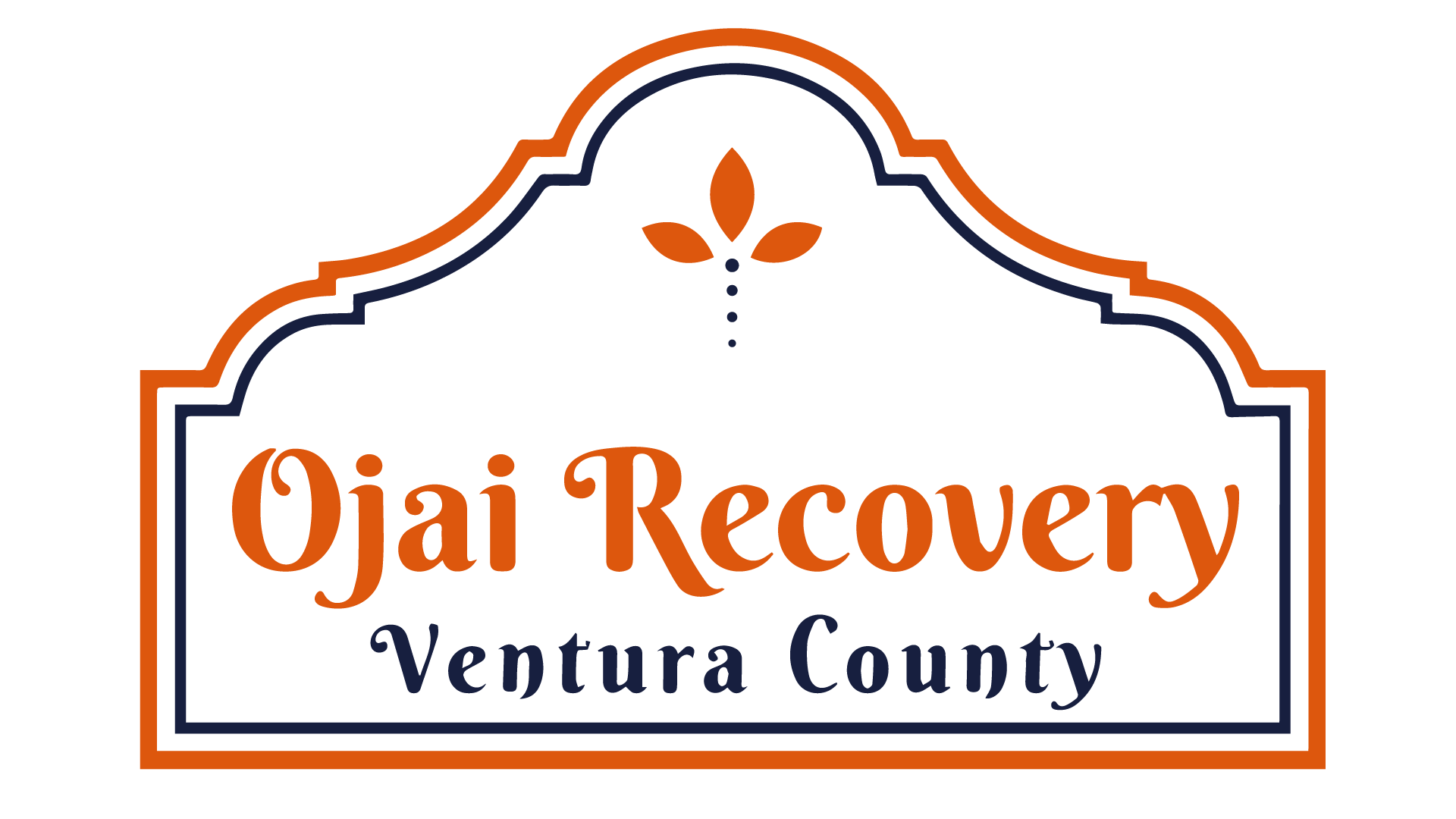Outpatient Treatment Overview
Choosing the right treatment for alcohol dependency or drug addiction is crucial for recovery. Outpatient care provides flexible and supportive options for individuals seeking help.
Understanding Outpatient Care
Outpatient treatment allows you to receive the necessary support while maintaining your daily life. This means you can stay at home or in a sober living environment, which helps keep you connected to family and friends during your recovery journey. Outpatient programs typically feature various levels of care, including partial hospitalization and intensive outpatient programs. These methods facilitate continued work and social interactions while undergoing treatment, making the recovery process less isolating.
Patients can participate in Twelve-step programs such as Alcoholics Anonymous (AA) and Narcotics Anonymous (NA), which have proven beneficial in maintaining sobriety (Addiction Center).
Levels of Outpatient Treatment
Outpatient care generally encompasses several levels of treatment tailored to individual needs. Each level varies in duration, intensity, and scheduling. Below is a summary of the common outpatient treatment formats:
| Treatment Type | Frequency | Duration | Description |
|---|---|---|---|
| Partial Hospitalization | 5-6 days a week | 5-6 hours per day | Intensive daily treatment with support services. |
| Intensive Outpatient Program | 3-5 days a week | 3 hours per day | Focuses on relapse prevention, psychoeducation, group and individual counseling. |
| Outpatient Therapy | As needed | 1-2 hours per week | Individual therapy sessions or group support based on personal progress. |
The flexibility of outpatient programs allows you to fit treatment into your existing schedule, making them an ideal option for many individuals with mild to moderate addiction issues. For those searching for specific services, consider looking into outpatient alcohol detox near me or outpatient rehab centers.
By understanding the levels and types of outpatient care, you can make an informed decision that best suits your recovery needs.
Benefits of Outpatient Detox
Outpatient alcohol detox programs are becoming increasingly popular for those seeking a supportive and manageable path to recovery. This section highlights key benefits, emphasizing the safety and flexibility of these programs.
Safe and Effective Process
Outpatient detox provides a safe and effective option for individuals experiencing mild to moderate substance withdrawal symptoms. During the detox process, individuals visit treatment facilities or hospitals for physical and mental evaluations. Clinicians may administer medications on-site to alleviate withdrawal symptoms such as anxiety, depression, and rapid heart rate (Addiction Center).
The efficacy of outpatient detox is notable; a strong support system and a stable home environment significantly enhance the likelihood of success. It is essential to develop a detailed plan prior to commencing treatment to limit access to substances and mitigate potential triggers, which may lead to relapse (American Addiction Centers).
Flexibility in Treatment
One of the primary advantages of outpatient detox is its flexibility. This allows individuals to maintain their daily responsibilities while receiving treatment. Programs are designed to cater to your schedule, enabling you to engage in work, school, or family commitments without the need for extended absences.
Outpatient care for alcohol use disorder (AUD) is often delivered by various professionals, including primary care providers and addiction specialists. This diverse approach ensures comprehensive support tailored to individual needs. Many outpatient programs also offer options such as telehealth services and online support groups, reducing stigma and improving access to care (NIAAA).
| Benefit | Description |
|---|---|
| Safety | Continuous monitoring by healthcare professionals during the detox process. |
| Efficacy | Medications may be administered to ease withdrawal symptoms. |
| Flexibility | Treatment accommodates work and family commitments. |
| Diverse Providers | Access to a range of professionals in various settings. |
Outpatient detox programs equip you with the resources necessary for recovery while allowing you to remain engaged with your everyday life. Such programs are vital for sustainable, long-term recovery from addiction. For more information on the various levels of care, explore our articles on alcohol rehab centers near me and detox centers near me.
Advantages of Outpatient Rehab
Choosing outpatient rehab for drug and alcohol addiction treatment offers several distinct advantages, particularly for those looking to maintain connections with their support systems while undergoing recovery.
Stay Connected During Recovery
One of the primary benefits of outpatient rehab is the ability to stay connected with family and friends during the recovery process. Unlike inpatient programs, where individuals must reside at the facility, outpatient treatment allows you to continue living at home or in a sober living environment. This connection offers emotional support, which is crucial during the challenging recovery journey. Many outpatient facilities provide treatment schedules that accommodate your personal life, making it easier to manage responsibilities while receiving care.
Outpatient programs, including intensive outpatient programs (IOP), often offer sessions during evenings or early mornings. This flexibility helps participants maintain their regular work schedules and family commitments while participating in a structured treatment program. You can explore available options for outpatient alcohol detox near me to find a program that suits your timetable.
| Program Type | Daily Hours | Frequency |
|---|---|---|
| Partial Hospitalization | 5-6 hours | 5-6 days a week |
| Intensive Outpatient Program | 3 hours | 3-5 days a week |
Work-Friendly Treatment Options
Outpatient rehab is particularly advantageous for individuals who want to integrate treatment into their everyday lives. The ability to attend therapy sessions without the need to take extended time away from work is one of the main draws of outpatient programs. You can receive the same quality treatment offered in inpatient settings but with a model that is less disruptive to your work and personal life.
This work-friendly setup allows you to continue participating in professional responsibilities, which can play a crucial role in mitigating feelings of isolation often experienced during recovery. Engaging in routine work can also contribute positively to your self-esteem and provide a sense of normalcy, essential during the healing process.
Furthermore, outpatient facilities often encourage involvement in support groups like Alcoholics Anonymous (AA) and Narcotics Anonymous (NA) as part of their treatment plans. This integration can bolster your recovery efforts by providing additional social support and community engagement, essential components of successful long-term sobriety.
Considering these advantages, exploring options like outpatient alcohol rehab centers can be a great step toward a sustainable recovery. For those who may be transitioning out of a more intensive setting, outpatient programs offer a vital link in continuing care. Whether you’re looking for detox centers near me or drug rehab facilities near me, outpatient rehab programs provide flexible, compassionate options tailored to meet your recovery needs.
Transitioning to Outpatient Care
Transitioning from inpatient care to outpatient treatment can be a significant step in your recovery journey. This section will delve into the integration of Twelve-Step programs and the considerations when choosing between inpatient and outpatient options.
Twelve-Step Program Integration
One of the main advantages of outpatient alcohol detox is the opportunity to participate in Twelve-Step programs, such as Alcoholics Anonymous (AA) or Narcotics Anonymous (NA). These groups have been shown to assist recovering addicts in maintaining sobriety (Addiction Center). Many individuals often find that after completing an inpatient program, integrating these supportive communities into their outpatient care reinforces their recovery journey.
| Benefits of Twelve-Step Programs |
|---|
| Provides a support network |
| Encourages accountability through sponsors |
| Offers a structured approach to recovery |
| Includes shared experiences for personal growth |
Additionally, other secular mutual support groups like SMART Recovery and LifeRing may also be incorporated into your outpatient plan, proving to be comparably effective in achieving abstinence (NIAAA). Active involvement in these groups is crucial, as regular attendance and support systems can significantly increase your chances of long-term recovery success.
Inpatient vs Outpatient Considerations
When deciding between inpatient and outpatient treatment options, there are several factors to evaluate. Inpatient rehab typically involves a stay at a facility where patients receive constant medical and emotional support. This may be vital for those with severe addictions or those who require close monitoring during withdrawal.
| Criteria | Inpatient Care | Outpatient Care |
|---|---|---|
| Time Commitment | Requires full-time commitment | Offers flexible scheduling |
| Environment | Structured, residential setting | Home-based with community support |
| Support Availability | 24/7 care and supervision | Scheduled sessions and group meetings |
| Cost | Often higher due to facility stay | Generally more cost-effective |
Outpatient care, however, is increasingly preferred for those who wish to maintain their regular daily routines while receiving treatment. It allows for participation in work or family commitments without the constraints of a residential program. Therefore, assessing your individual needs, support system, and the severity of the addiction plays a key role in making the right choice for recovery.
For those looking for outpatient treatment, considering options like outpatient alcohol detox near me is crucial for ensuring you find the best fit for you or your loved one’s recovery journey. Be sure to consult healthcare professionals to tailor your treatment plan for optimal results.
Factors Influencing Treatment Selection
Choosing the right treatment option for alcohol or drug addiction can significantly impact recovery outcomes. Two critical factors that influence this selection process are cost comparison and an individualized needs assessment.
Cost Comparison
When considering treatment options, cost is often a significant factor in decision-making. Outpatient treatment programs are generally seen as more cost-effective than inpatient programs. This affordability makes outpatient options attractive for individuals seeking effective care without the financial burden associated with extended hospital stays. According to Addiction Center, outpatient programs typically involve lower overall costs while delivering effective recovery solutions.
| Treatment Type | Average Cost per Day | Length of Stay (Days) | Total Estimated Cost |
|---|---|---|---|
| Inpatient Rehab | $500 – $2,000 | 30 – 90 | $15,000 – $180,000 |
| Outpatient Rehab | $100 – $500 | Varies (can be ongoing) | $3,000 – $12,000 |
It’s essential to remember that cost should not be the only deciding factor. The right approach must align with your specific needs and circumstances. The decision-making process should include a thorough evaluation of personal situations like support systems and the severity of the substance use disorder.
For more information on finding affordable supports, explore our resources on alcohol detox and outpatient rehab programs.
Individualized Needs Assessment
Conducting a comprehensive individualized needs assessment is vital in determining the most suitable treatment plan for yourself or a loved one. This assessment examines key factors such as the severity of the substance use disorder and any co-occurring mental health conditions. Additionally, the level of support available during recovery plays a crucial role.
Selecting a treatment program must be centered around creating personalized recovery plans that address each person’s unique challenges and goals. According to the NIAAA, an individualized assessment can lead to more effective recovery outcomes by considering personal preferences and individual circumstances.
Considerations for assessment may include:
- Severity of substance use
- Previous treatment experiences
- Support network availability
- Co-occurring disorders
- Lifestyle factors and responsibilities
A tailored approach not only enhances the chances of successful recovery but also fosters long-term sobriety. If you’re exploring options for yourself or someone you care about, visit our pages on alcohol rehab centers near me and outpatient detox centers near me for personalized assistance and information.
Tailored Outpatient Care Programs
When addressing substance use disorders, particularly in healthcare professionals, tailored outpatient care programs play a significant role in the recovery process. These programs focus on the unique challenges faced by individuals in high-stress professions.
Healthcare Professionals’ Recovery Needs
Healthcare workers encounter high levels of stress and pressure, which can contribute to a higher prevalence of substance use disorders (American Addiction Centers). Reports suggest that healthcare professionals are as likely to develop substance use disorders as those in any other industry. Additionally, co-occurring disorders, such as mental health issues alongside substance use disorders, are common among medical staff. Research shows that half of those with a substance use disorder (SUD) are likely to develop a mental illness, highlighting the need for specialized treatment options.
Outpatient programs tailored for healthcare professionals can address these needs effectively. Such programs include:
- Flexible scheduling to accommodate work commitments.
- Group therapy sessions with peers who understand the unique pressures of the profession.
- Individual therapy focused on dealing with stress, trauma, and co-occurring disorders.
These tailored treatments ensure that healthcare professionals receive the support they need while still managing their professional responsibilities.
Specialized Treatment Options
Specialized treatment options for outpatient alcohol detox and rehab can significantly enhance the recovery journey. Here are a few therapeutic approaches offered in outpatient programs:
| Treatment Type | Description |
|---|---|
| Cognitive Behavioral Therapy (CBT) | Focuses on changing negative thought patterns and behaviors associated with addiction. |
| Dialectical Behavior Therapy (DBT) | Combines cognitive and behavioral techniques with mindfulness practices, ideal for managing stress. |
| Motivational Interviewing (MI) | Engages clients in goal-setting and self-motivation for maintaining sobriety. |
| Medication-Assisted Treatment (MAT) | Combines counseling and medication (such as naltrexone or buprenorphine) to treat substance use disorders. |
By utilizing these specialized treatment options, outpatient care programs not only focus on detoxification but also emphasize ongoing recovery and mental health support. If you or a loved one is searching for outpatient alcohol detox near me, consider programs that understand the specific needs of healthcare professionals or individuals with concurrent disorders.
For further information on recovery options tailored to you, explore our resources on alcohol detox and alcohol rehab centers.










